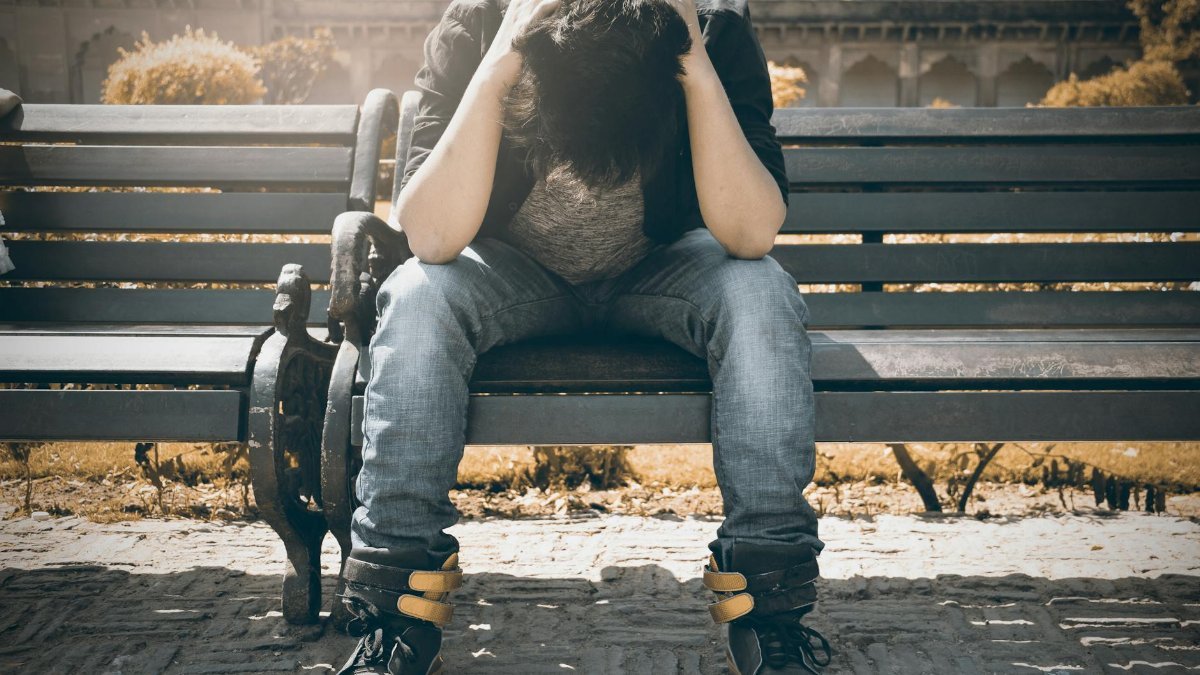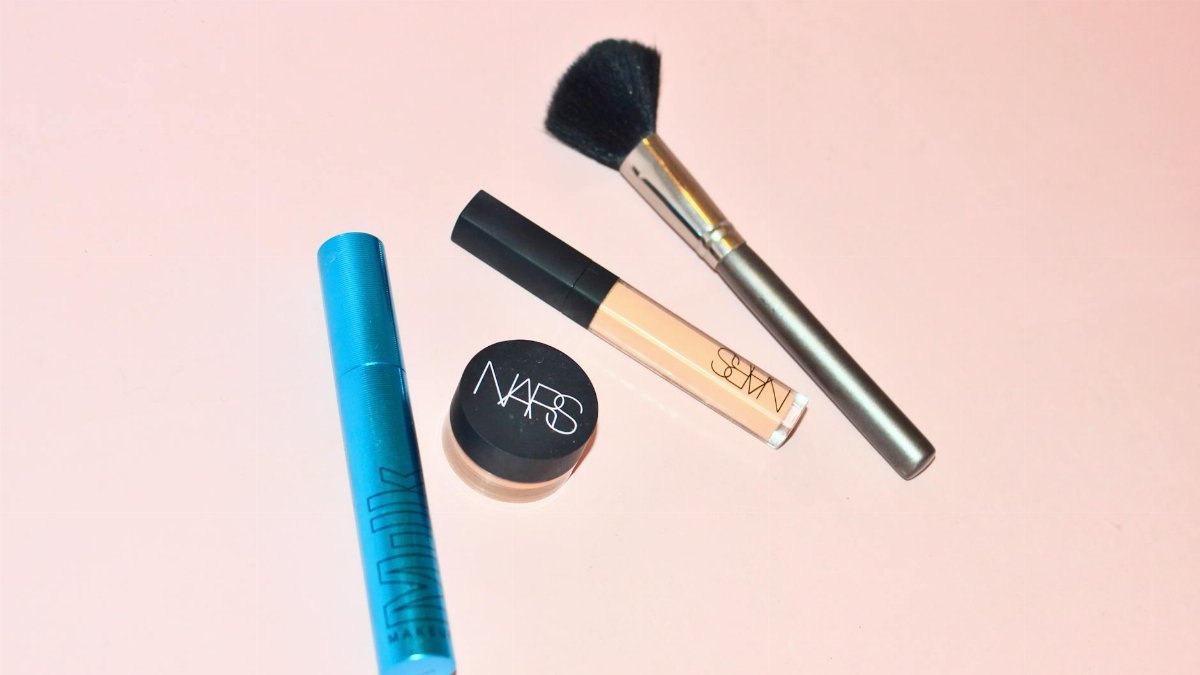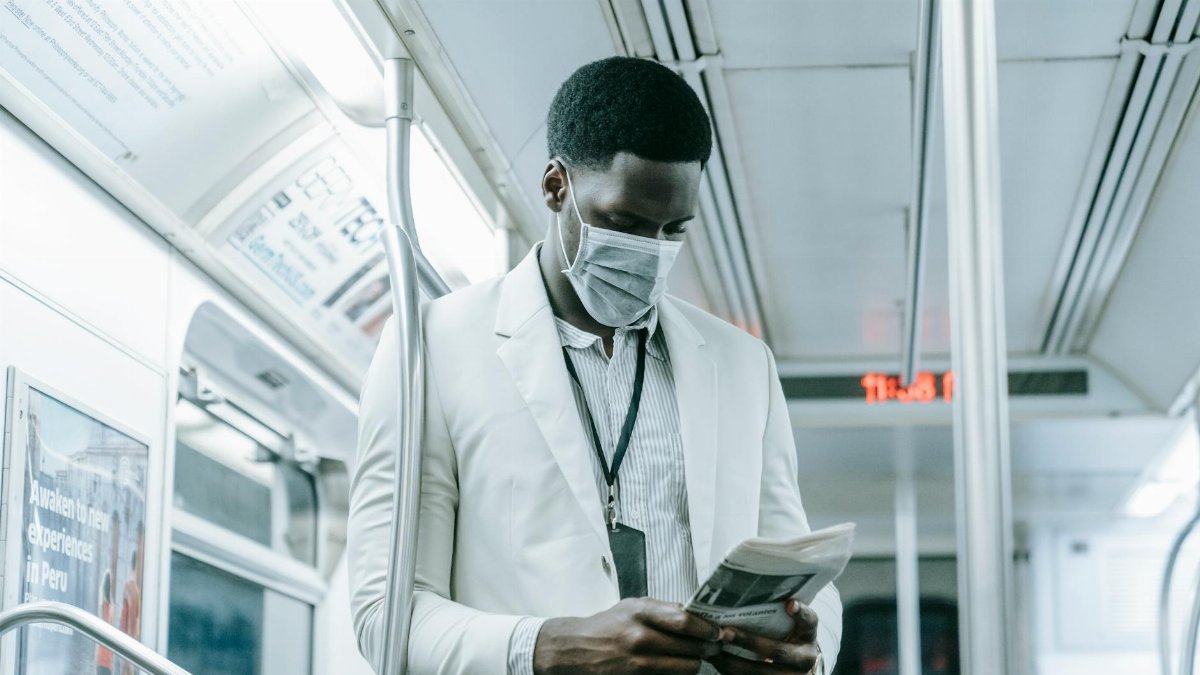Massachusetts cold plunge rebate is causing a major shift in the fitness and wellness landscape this year. The state has rolled out a groundbreaking initiative, offering gyms subsidies of up to $15,000 per facility to install cold-plunge pools. Aimed at reducing depression and inflammation among residents, this program is turning heads. With mental and physical health concerns on the rise, state officials are betting on the therapeutic benefits of cold-water immersion. Backed by a Boston University public-health study, the effort promises to track real-world impacts on antidepressant prescriptions.
State Funding for Cold-Plunge Pools

The Massachusetts government has launched an ambitious rebate program targeting gyms across the state. Each eligible facility can receive up to $15,000 to cover the costs of installing cold-plunge pools, a move designed to make this wellness trend more accessible. The funding comes as part of a broader public health strategy to address rising health concerns through innovative, non-pharmaceutical interventions. Gyms, often strapped for cash to upgrade equipment, now have a financial incentive to adopt this cutting-edge therapy.
Targeting Depression and Inflammation

The primary goal of the Massachusetts cold plunge rebate program is to combat two pressing health issues: depression and chronic inflammation. Cold-water immersion has been linked to improved mood and reduced physical inflammation in preliminary studies. State health officials hope that by making this therapy widely available in gyms, more residents will experience these benefits firsthand. The initiative reflects a growing interest in alternative treatments as mental health challenges continue to spike across the U.S. in 2025.
Boston University Study Takes Center Stage

A key component of this program is a comprehensive study led by Boston University’s public health department. Researchers will track claims data related to antidepressant prescriptions among individuals who regularly use cold-plunge facilities. The study aims to provide concrete evidence on whether cold-water immersion can reduce reliance on medication for depression. This data-driven approach adds a layer of credibility to the state’s investment, ensuring that taxpayer dollars are tied to measurable outcomes.
How Gyms Can Apply for Rebates

Gyms interested in the rebate must meet specific criteria set by the state. Facilities need to demonstrate that the cold-plunge pools will be accessible to a broad membership base and maintained under strict safety standards. The application process, managed through the Massachusetts Department of Public Health, prioritizes gyms in underserved communities to maximize impact. This focus ensures that the benefits of cold-water therapy reach those who might not otherwise afford such amenities.
Potential Health Benefits Under Scrutiny

While the health benefits of cold-plunge therapy are promising, they are not yet universally accepted in the medical community. Advocates point to research suggesting that cold exposure can boost endorphin levels and reduce systemic inflammation. However, the Boston University study will be crucial in validating these claims with hard data. For now, the state is taking a calculated risk, hoping to pioneer a new frontier in public health interventions with this rebate program.
Community Response and Expectations

Early reactions from gym owners and members are mixed but largely optimistic. Many facility managers see the subsidy as a chance to attract new clients seeking wellness-focused amenities. Meanwhile, some residents are eager to try cold-plunge therapy as a natural way to manage stress and physical ailments. The program’s success will likely hinge on public participation and the forthcoming results from the Boston University research, which could shape similar initiatives nationwide.
Broader Implications for Public Health

The Massachusetts cold plunge rebate initiative could set a precedent for other states grappling with mental health and chronic illness crises. If the program proves effective, it might inspire a wave of alternative therapy subsidies across the country. The focus on non-traditional interventions aligns with a growing movement to integrate wellness practices into mainstream healthcare. For now, all eyes are on Massachusetts as it tests the waters—literally and figuratively—in 2025.
Supporting Research and Resources

For those seeking deeper insight into the science behind cold-water immersion, reputable sources offer valuable context. The National Institutes of Health provides studies on cold exposure and inflammation at National Institutes of Health. Additionally, Harvard Medical School has explored the mental health benefits of cold therapy in various publications, accessible via Harvard Health Publishing. These resources underscore the potential of such therapies, even as Massachusetts awaits definitive results from its own experiment.
